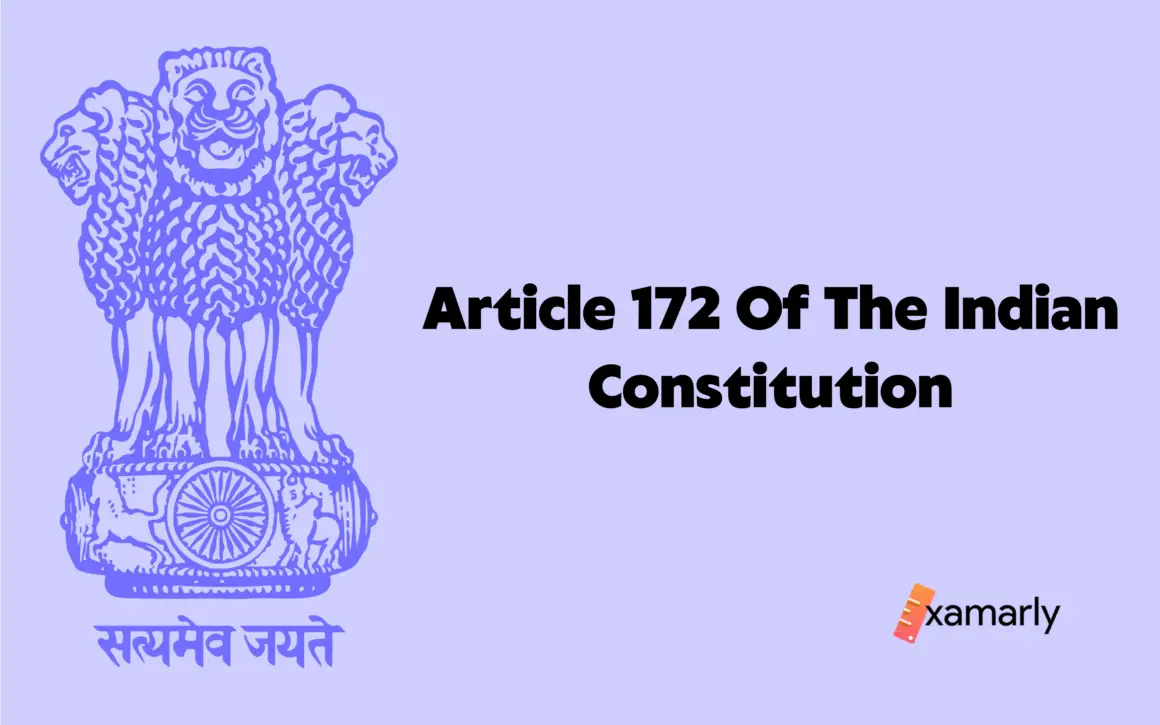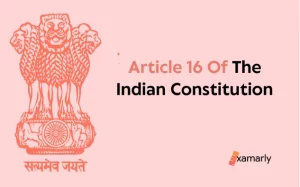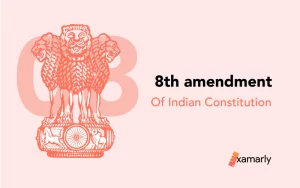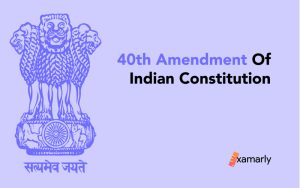Article 172 of the Indian Constitution talks about the duration of the Legislative Assembly. It also talks about the factors that may have an effect on the duration.
It talks about the provisions that are to be taken into consideration if the sitting of the Legislative Assembly has to be adjourned for a while.
Let us dig deeper into Article 172 of the Indian Constitution and grasp all the concepts related.
Article 172 Of The Indian Constitution – In Detail
We will understand each and every clause present in the Article and break them down into simpler versions so that we can have a deep understanding of what is being said and done.
Clause 1- As it is & Explained
(1) Every Legislative Assembly
of every State, unless sooner dissolved, shall continue for 1 [five years] from the
date appointed for its first meeting and no longer and the expiration of the said
period of 1 [five years] shall operate as a dissolution of the Assembly:
Provided that the said period may, while a Proclamation of Emergency is
in operation, be extended by Parliament by law for a period not exceeding one
year at a time and not extending in any case beyond a period of six months after
the Proclamation has ceased to operate.
The first clause of Article 172 says that every Legislative Assembly unless dissolved before the time, shall continue to function for a period of five years.
The five years will be counted from the date the assembly had its first meeting. It should also e noted that after the period of five years has passed from the date of its first meeting, the assembly will not be operated then and it will be called the dissolution of the assembly.
The first clause also says that in a case of emergency, the Parliament can extend the period of the functioning of the House for not more than one year. If the emergency has stopped and things are back to normal then the continued functioning of the House shall not exceed six months.
You Might Also Like – Article 171 Of The Indian Constitution
Clause 2 – As it is & Explained
(2) The Legislative Council of a State shall not be subject to dissolution, but as nearly as possible one-third of the members thereof shall retire as soon as may be on the expiration of every second year in accordance with the provisions made in that behalf by Parliament by law.
The second clause of Article 172 of the Indian Constitution says that the Legislative Council can never be dissolved.
As close as possible, after the expiration of every two years of the Legislative Council, its one-third member will retire.
It also says that the retirement of one-third of members after the expiration of every two years shall have to be done according to the provisions made for them on their behalf by the Parliament lawfully.
Summing Up
We saw in Article 172 of the Indian Constitution that there are some provisions and protocols defined by the Parliament regarding the dissolution of the Houses of the State Legislature.
We also saw that the provisions for both Houses in the matter of dissolution are different.
In a case of emergency, the functioning can be continued with some special clauses in compliance.






